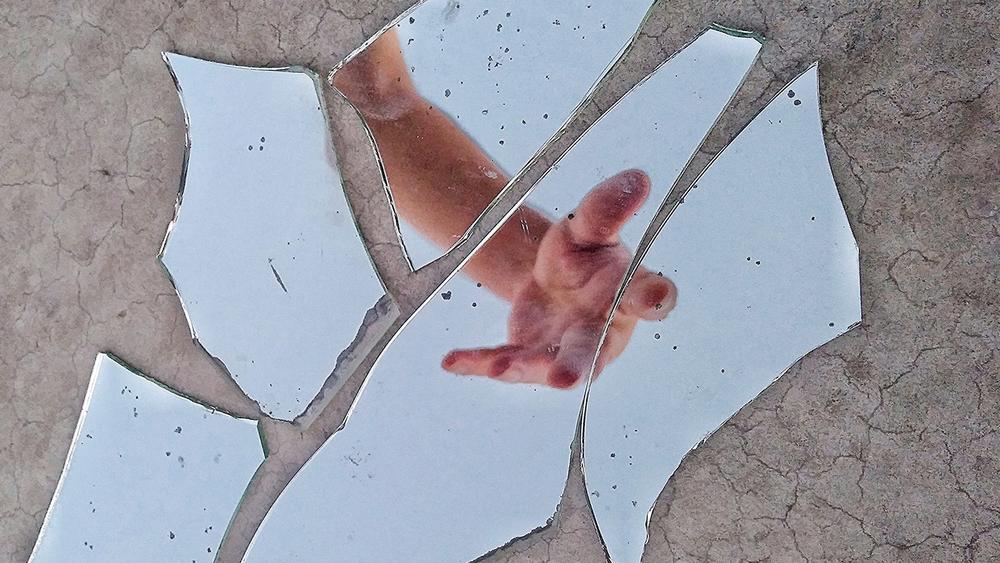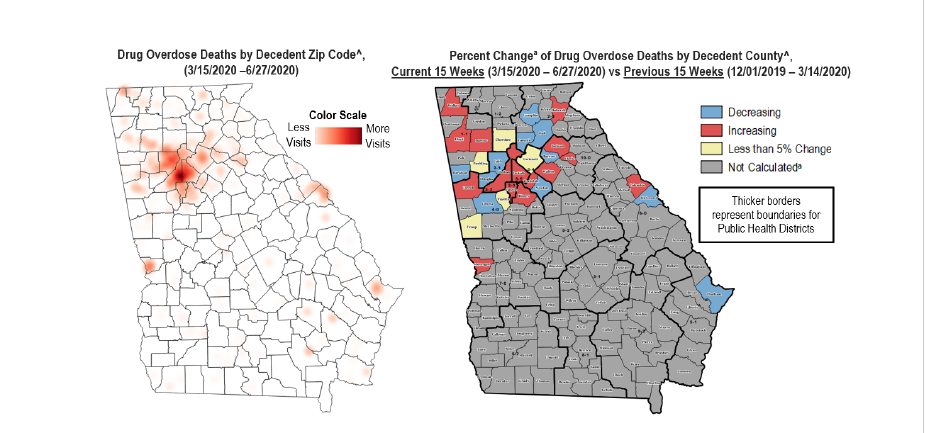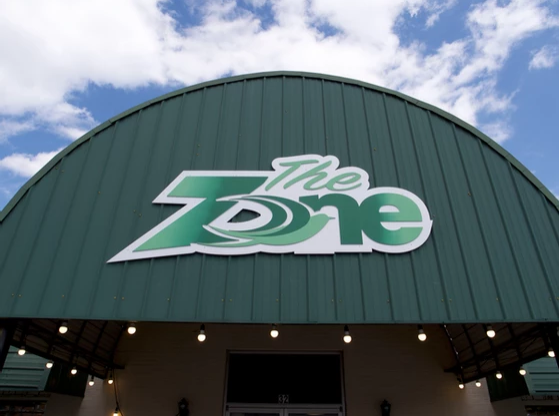
Section Branding
Header Content
Fentanyl-Related Overdose Deaths Increase More Than 60% Since March
Primary Content

Katherine M. of Kennesaw turned her daughter’s body over the night before Christmas Eve to find a needle and a spoon.
“I knew immediately she was gone,” she said.
The grandmother asked GPB News not to use her full name out of concern for privacy for the still-struggling family.
Katherine’s daughter had just birthed a stillborn son, and the pain triggered a relapse.
“I tried everything as a mom to save her, but in the end one tiny pill ended her life and changed all of ours forever,” Katherine M. said.
A single narcotic pain pill, purchased from a trusted friend, turned out to be laced with fentanyl, a powerful synthetic opioid analgesic that is 50 to 100 times more potent than morphine.
Since March, when the state shut down businesses to slow the spread of COVID-19, fentanyl-related opioid overdose deaths increased more than 60%, according to state health officials.

The 61.4% increase represents a rise from 140 fentanyl overdose deaths in the previous 15-week period compared to mid-March through June when 226 people died, state epidemiologist Amanda Dinwiddie said.
"We know overdose death data can take weeks or months to receive so numbers of deaths is likely higher," she said.
Georgia's drug surveillance team outlined the rise in suspected drug overdoses in a June 19 memo that alerted its partners “to be vigilant about any unusual drug overdose activity.”
PREVIOUS COVERAGE: Increase In Suspected Drug Overdoses In Georgia Amid COVID-19
Despite the need for precautions designed to slow the spread of COVID-19, addiction recovery resources pivoted to provide access to help, and community.
Many fellowship meetings for Alcoholics and Narcotics Anonymous closed their doors mid-March, but the Georgia Council on Substance Abuse opened its seven-day-a-week CARES Warm Line at 844-326-5400 from 8:30 a.m. to 11 p.m.
The Zone, a recovery support organization in Marietta, never closed despite the pandemic, Missy Head Owen said.
“We've never shut our doors, not even one day,” she said. “We just set our chairs 6 feet apart and continue to offer masks.”
Owen founded the Davis Direction Foundation after her son, Davis, died of a heroin overdose in 2014.
She said she realized part of her son’s problem was a lack of resources after he finished a rehabilitation program.
“There was nowhere to go to network and really receive aftercare and connection with other people who were trying to stay sober and having events and activities to do,” Owen said.

Shelter-in-place orders caused huge numbers of relapses, Owen told GPB News in May.
The Zone started handing out more vouchers for clothing because, “as people lose their jobs, they lose their income, they lose their homes, and our homeless population has increased,” Owen said.
The problem has only gotten worse since late May.
MORE: Amid Pandemic, State's Mental Health Agency Has Extensive Layoffs
Attorney General Chris Carr quoted Owen during a meeting last week of the state’s drug task force, bringing up her son and saying no one wants to be addicted to drugs and alcohol.
“They are sick people trying to be well,” Carr said, attributing the quote to Owen.
Carr further said the state remains committed to finding ways to help. He listened as epidemiologists presented the latest preliminary data that show a 9% increase in all drug overdose deaths between March 15 and June 27 as compared to the previous 15-week period from Dec. 1, 2019 through March 14 of this year.
While the official memo states epidemiologists are unsure what could be driving these increases, Jeff Breedlove, with the Georgia Council on Substance Abuse, said the actual overdose numbers are likely higher than the state’s preliminary data.
“Now, the state of Georgia has validated what we feared, which means it's time for our business leaders and our government leaders to understand that we can't cut funding to recovery,” Breedlove said. “We have to expand funding for recovery.”

